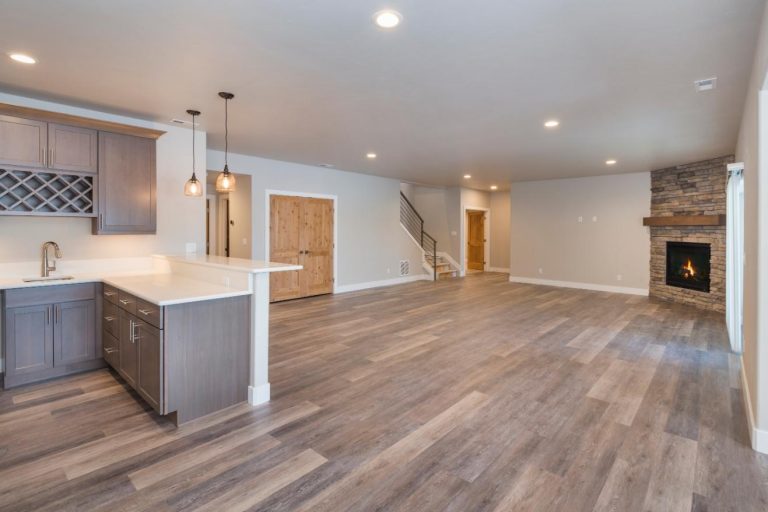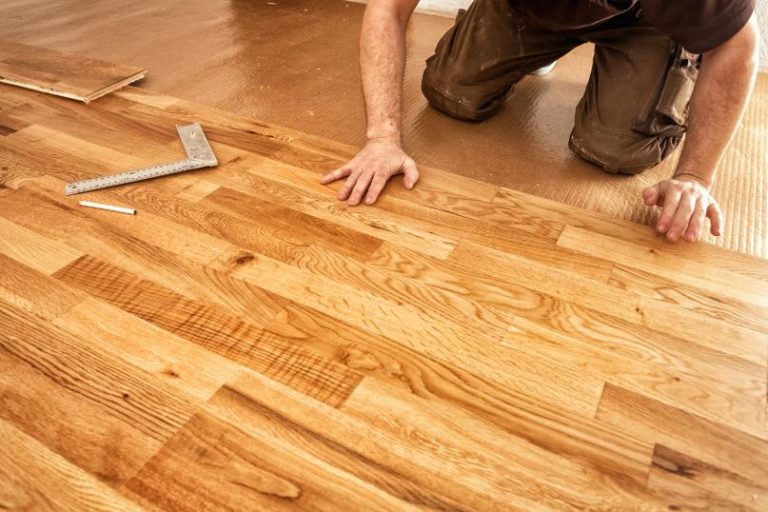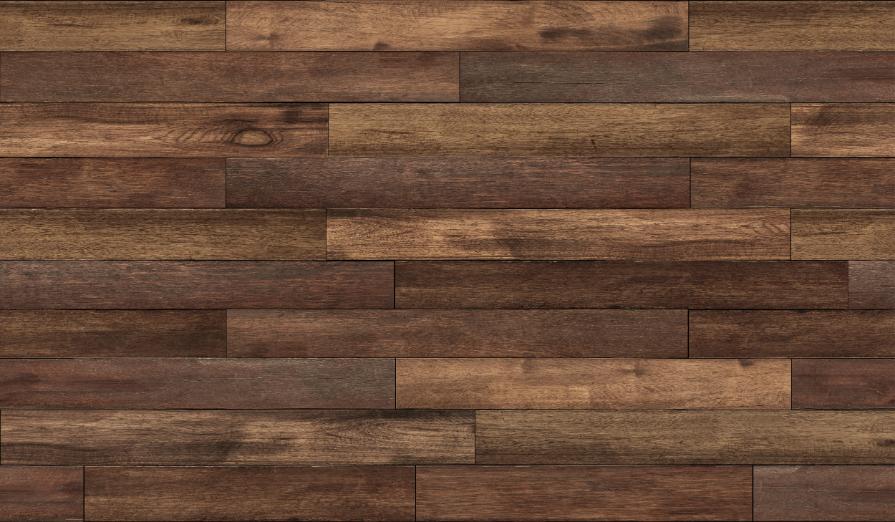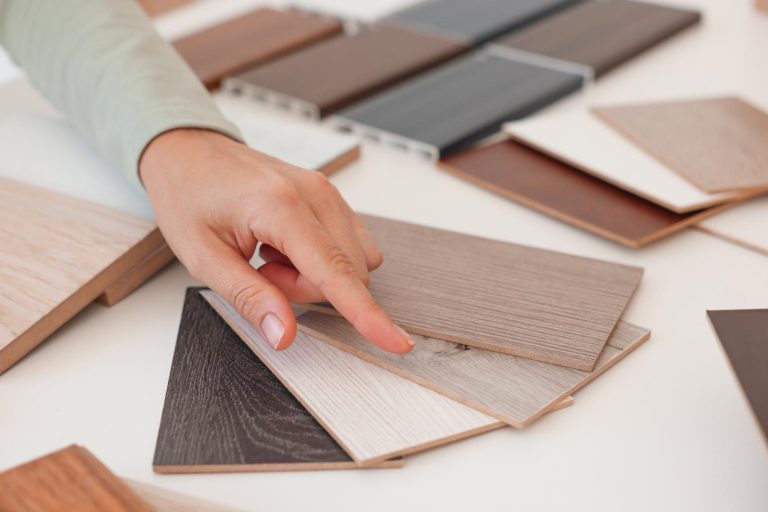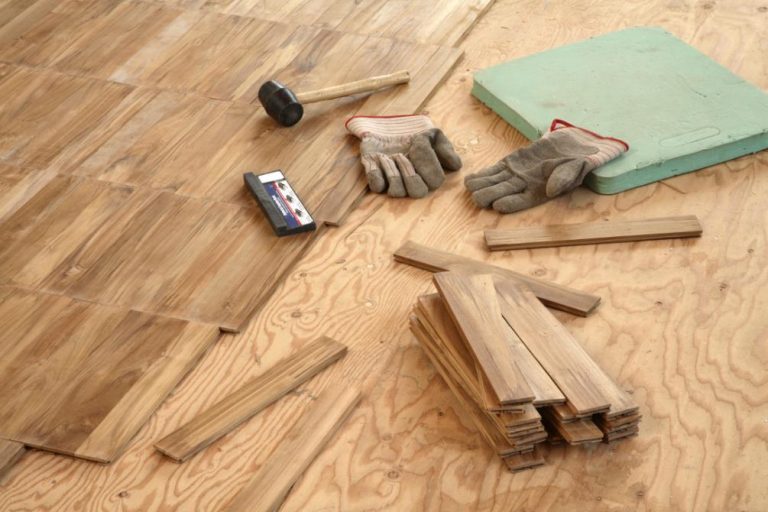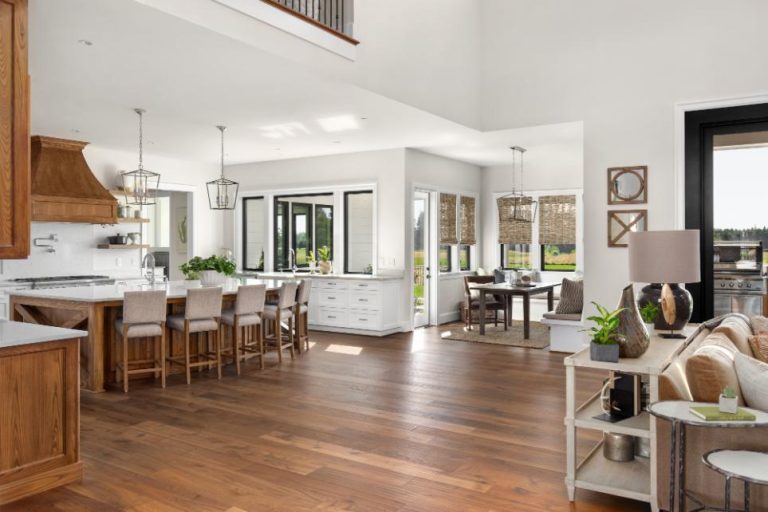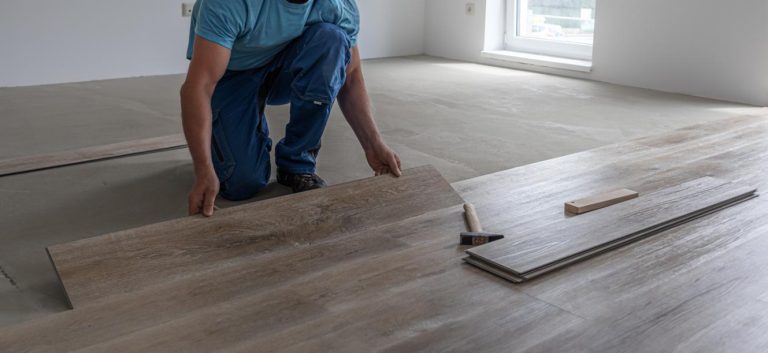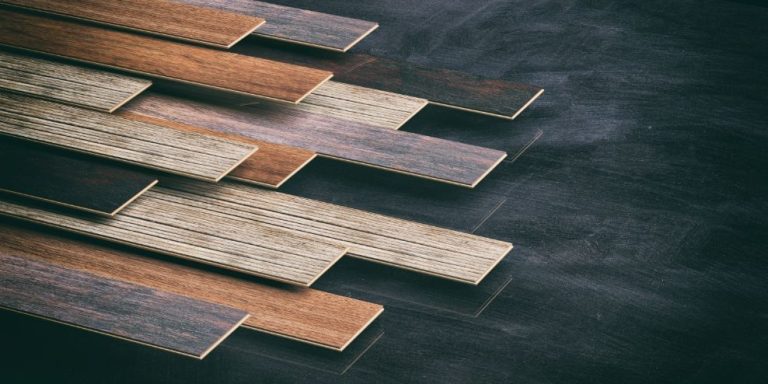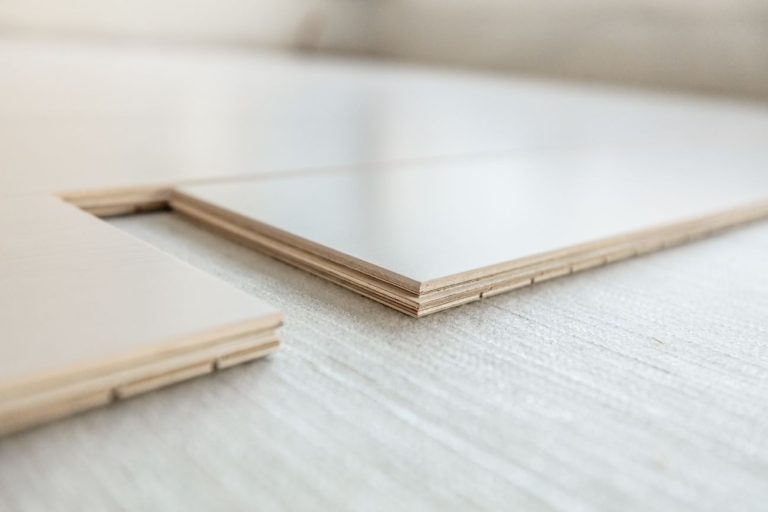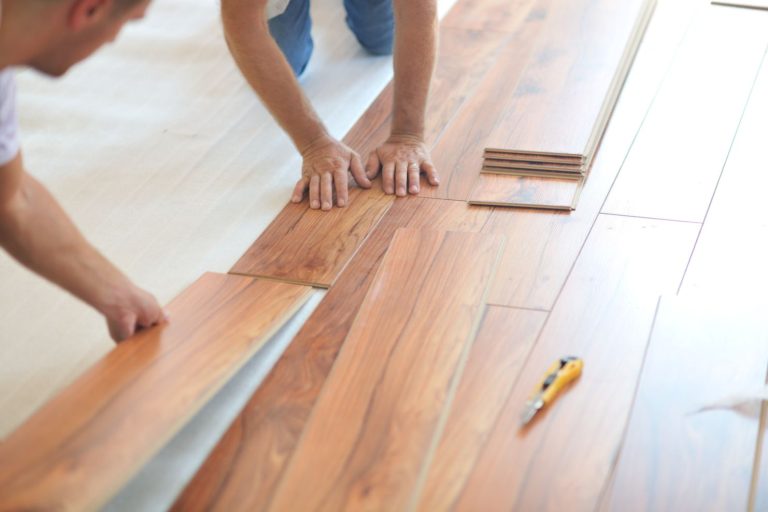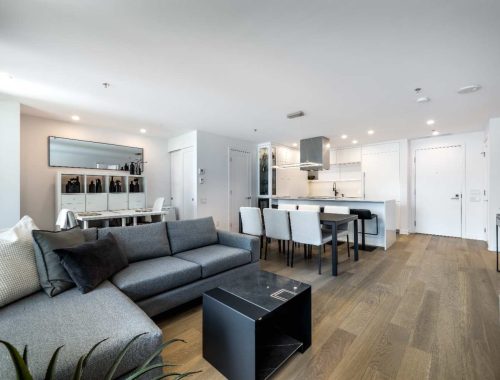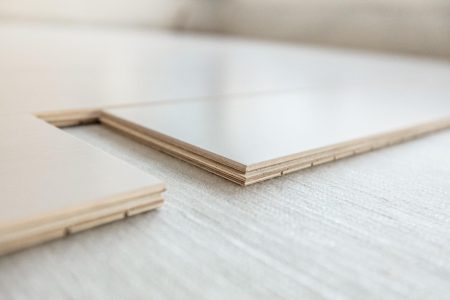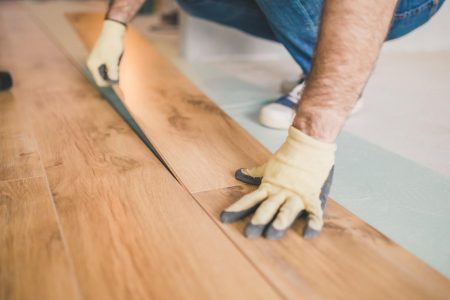Looking for the best floating floor? Discover our recommendations and our complete analysis of the main models on the market.
When it comes to flooring the basement of a home, you can rarely go wrong with the floating floor option.
However, even within what might be considered floating flooring, it’s possible to find customization options that won’t suit every situation.
- In the following article, we present the different possibilities available to you so that you can choose the best floating floor for your basement.
With the information you’ll discover in this article, it will be easy for you to define your needs and choose the best floating floor for your basement, guaranteed!
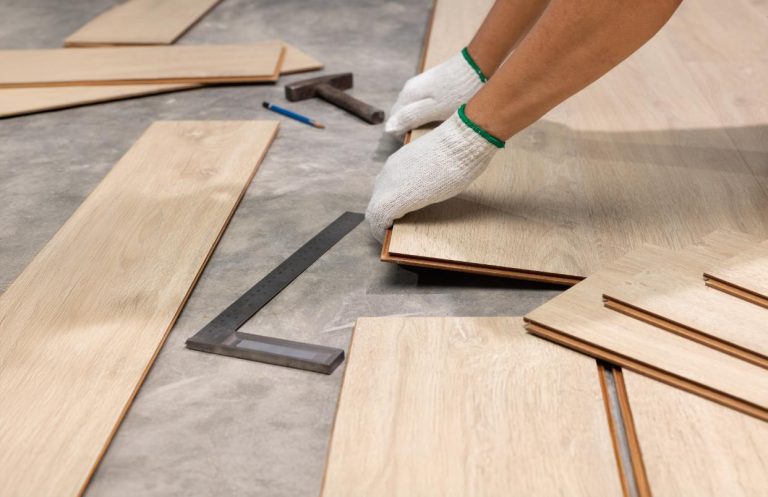
Why is it important to choose a floating floor for your basement?
Even at the heart of the floating floor options, you have to choose from a list of features that will diverge from one model to another. Don’t choose just anything!
So how do you make the right decision?
- Luckily, you can count on the advice of Soumission Plancher's associated professionals to help you find the perfect model for your needs.
Click on the button below to get in touch with a renowned contractor and receive support as soon as possible:
Why is floating flooring the ideal choice for your basement?
Floating floors are the first choice when you want to install an attractive covering that’s easy to install and maintain. It’s resistant and durable.
For many, it’s the number 1 option when it comes to flooring, and we’ll explain why.
In the next box, we’ll take a closer look at the many advantages of floating floors.
What are the advantages of floating floors for basements?
Easy to install: One of the great advantages of floating floors is that they are quick and easy to install. Unlike other materials, you don’t necessarily need a qualified professional to install a floating floor.
Durable: Floating floors are known to resist scratches and wear. It’s an ideal choice for homeowners with pets.
Many styles available: Floating floors come in many finishes. Patterns, designs, tones and even custom embellishments can be incorporated.
An economical option: Finally, floating floors are an economical choice that can suit most budgets! Its affordable production cost and ease of installation make it economical to purchase and install!
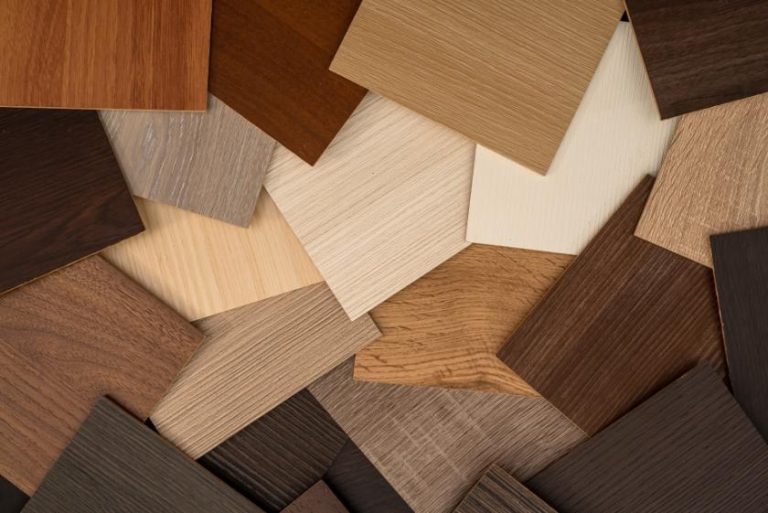
What type of floating floor can you choose for your basement?
If you didn’t know, floating floors can be divided into three categories: vinyl flooring, laminate/laminate flooring and SPC.
Each option has its own features and benefits, so it’s important to take the time to differentiate and evaluate them.
What are the three different types of floating floor made of?
| Types | Special features |
|---|---|
| Laminated/Laminated | The laminate/laminate formula is the most widespread option on the market. It consists of a wood dust assembly that connects several planks to each other by means of a simple interlocking joint. |
| Vinyl | A vinyl floating floor imitates the visual appearance of wood, but is made of a synthetic material. Its composition makes it highly flexible, and once in place, it can give the illusion of being made of real wood. |
| SPC | Finally, SPC (Stone Polymer Composite) is a combination of dust, stone, PBC and stabilizers. The whole is assembled under high pressure, creating a durable material. |
What are the characteristics of the three different types of floating floor?
While PCS is an environmentally friendly option, vinyl can withstand water and laminate is quick to install, it’s up to you to evaluate what you consider important for your basement floating floor.
In the next table, we present a comparison of the different characteristics of the 3 types of floating floor.
What are the differences between the 3 floating floors?
| Characteristics | Laminated/Stratified | Vinyl | SPC |
|---|---|---|---|
| Water resistance | ✘ | ☑ | ☑ |
| Clic assembly | ☑ | ☑ | ☑ |
| Economy option | ☑ | ✘ | ✘ |
| Ecological option | ✘ | ✘ | ☑ |
| Sun-resistant | ✘ | ☑ | ✘ |
| Scratch-resistant | ☑ | ✘ | ✘ |
| Variable quality | ☑ | ☑ | ☑ |
From this table, you can evaluate the different attributes you consider important for your basement.
As you can see, the three options can vary in quality. Indeed, it’s very important to research the options available on the market, when there’s always a risk of coming across a coating that isn’t of good quality.
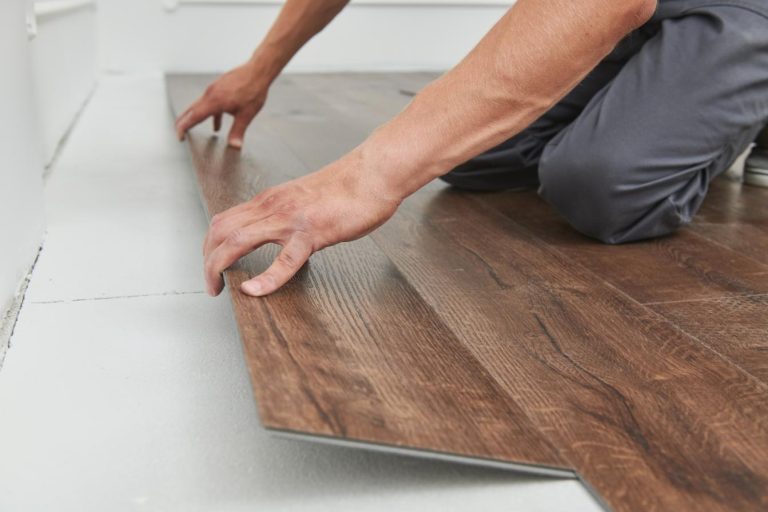
What could influence the price of a floating floor for your basement?
The cost of buying and installing a floating floor for your basement can vary depending on the complexity of the job, the quantity of planks you need, the customization of your product, the quality of the materials and more.
On the face of it, floating floors are more economical than other options, but there are a number of factors that can increase the bill considerably.
How do you calculate the cost of floating floors in your basement?
Project complexity: The configuration and finish of your basement can be a major issue when it comes to estimating the final price of your floating floor installation.
Quantity of materials: The quantity of materials you choose will have a major impact on the total cost of the project. It’s quite logical: the greater the quantity, the higher the purchase price.
Customization: You’ll have a choice of materials that come in a variety of shades, finishes, colors and embellishments. The option of customizing your floating floor rather than choosing a prefabricated model will have an impact on the final cost.
Quality of materials: As you know, floating floors come in many different qualities. The aim is to find the happy medium that will give you the best value for money.
How much can floating floorboards for your basement sell for?
For the purchase of materials, prices for floating floors can vary between $1.4 9 and $5 per square foot. Of course, these amounts include only the purchase of materials, nothing more.
Final prices will depend on the company from which you purchase the materials. For example, the price of floating floors can vary from $1.49 to $1.99 per square foot at the Réno warehouse.
How much does a floating floor cost per square foot?
| The product | The seller | The price |
|---|---|---|
| Floating Laminate Pure Wood | The Reno Warehouse | 1.49 per square foot |
| Floating Laminate Mackenzie | Floor 2000 | 3.49 per square foot |
| SPC Hesonite flooring | Canac | 2.69 per square foot |
| Salta in Vinyl | Deco surfaces | 3.75 per square foot |
| Vinyl Lifeproof (deluxe) | The Home Depot | 4.28 per square foot |
Of course, when you work with a company specializing in this field, they’ll offer you a package that includes the construction of your floating floor.
How much does a floating floor cost for a full basement?
Using the previous values, we can calculate the cost of building a full basement. For the purposes of this exercise, let’s use the average basement size of 800 sq. ft. for a single-family home.
How much does a floating floor cost for a full basement?
| The product | List price | Total price |
|---|---|---|
| Floating Laminate Pure Wood | 1.49 per square foot | 1 192,00 $ |
| Floating Stratified Mackenzie | 3.49 per square foot | 2 792,00 $ |
| SPC Hesonite floor | 2.69 per square foot | 2 152,00 $ |
| Salta Vinyl | 3.75 per square foot | 3 000,00 $ |
| Lifeproof Vinyl (deluxe) | 4.28 per square foot | 3 424,00 $ |
Of course, this amount takes into account the cost of acquiring materials, as well as other expenses.
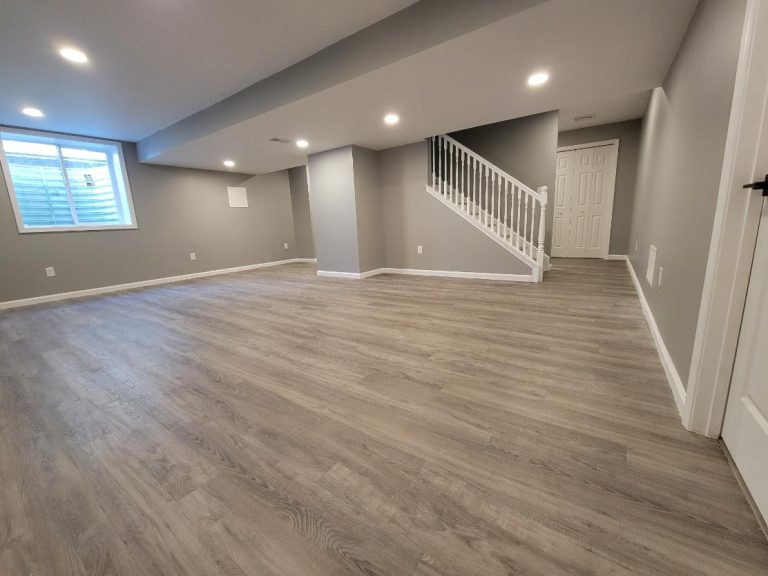
How much could it cost to build a floating floor for your basement?
Our team completed a quote request on the site of a recognized floor installer in Quebec City.
It is therefore possible to calculate that the cost of an 800-square-foot basement floor could cost around $4,744.00.
This calculation takes into account :
- Removing the old floor ;
- The cut-out for door bottoms ;
- Delivery of the new floor ;
- And the installation of the new material.
What is the total cost of building a floating floor for a basement?
| Services | The cost |
|---|---|
| Tear out old hardwood floor | Estimated cost $2,000 |
| Bottom of door bottom cut-out (2 doors) | Estimated price $120 |
| Delivery of new floor | Estimated price $120 |
| Installation of new floor (Laminate) | Estimated cost: $2,504 |
| Total cost (plus taxes) | Estimated price: $4,744.00 |
Click here to see the complete submission
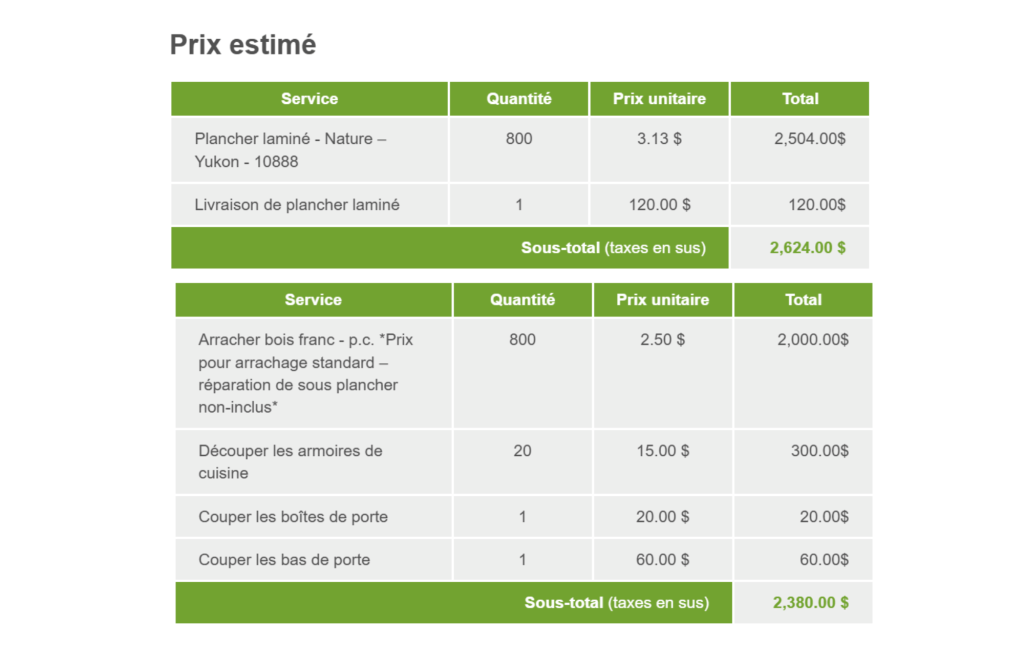
FAQ: What do you need to know about floating floors for your basement?
Below, we’ve listed the most frequently asked questions about building a floating floor in a basement. You may find the answers to your own questions in the next few paragraphs!
What products should you use to shine your floating floor? ?
Would you like the floating floor in your basement to brighten up your room by reflecting the surrounding light? There are a number of solutions available when you want to make your surfaces shine:
White vinegar: diluted in water, white vinegar thoroughly cleans floating floors and can even destroy alkaline residues.
Beeswax: Beeswax is commonly used to wax solid wood floors. If you didn’t know, you can use a thin layer of beeswax to protect floating floors from minor scratches.
How long does a floating floor last? ?
The lifespan of a floating floor depends very much on the quality of the materials used. A low-end product may show visible signs of wear 10 years after installation. A high-end product may remain in place for around 30 years.
With proper maintenance, a good-quality floating floor can look good for up to 25 years after installation.
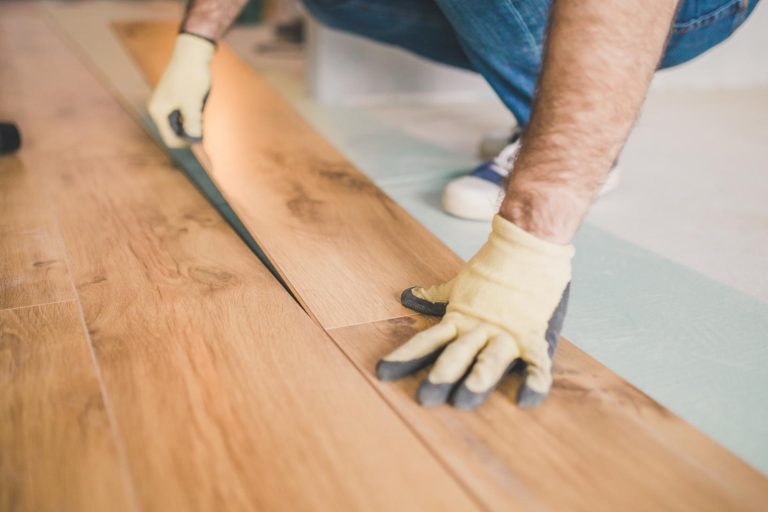
Who should you contact to build a floating floor for your basement?
Now you know you’re going to be spoilt for choice when it comes to the possibilities for your floating floor.
Should you choose laminate flooring? Vinyl? Anything else? Do you need to remove an existing floor? These are all considerations you’ll need to evaluate with a trained professional.
If you would like to talk to a trusted contractor, the procedure is quite simple:
- Fill out the form on this page and receive up to 3 quotes from 3 different flooring contractors.
With the advice and opinions of the best specialists in the field, it will be easy for you to assess your needs and estimate a budget for the construction of your future floating floor.
